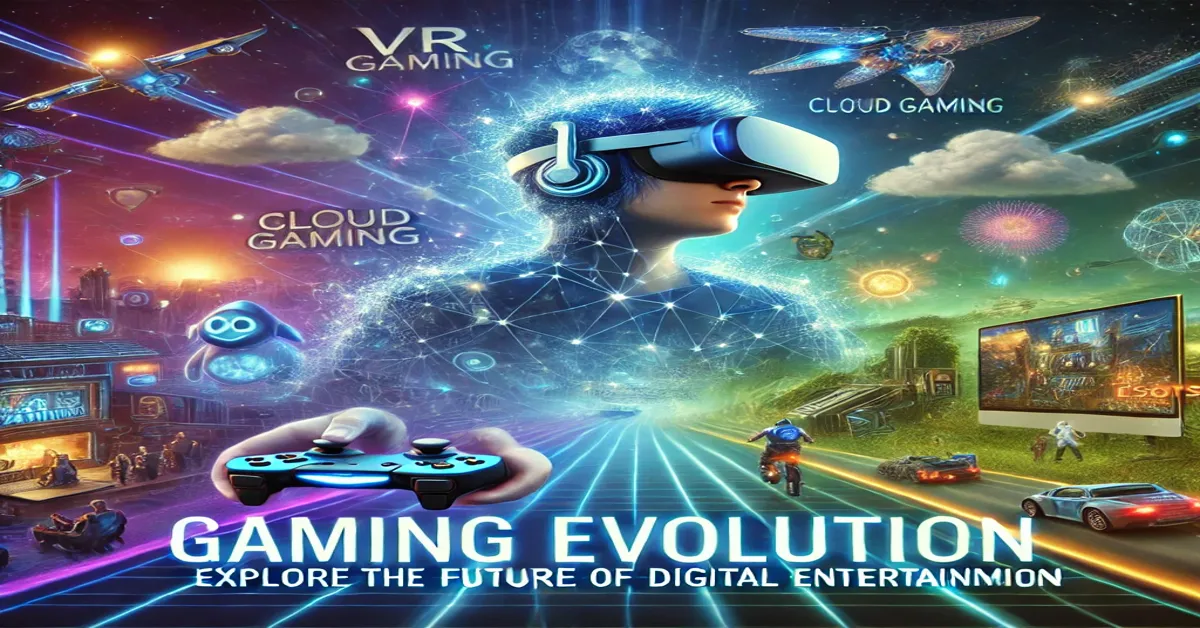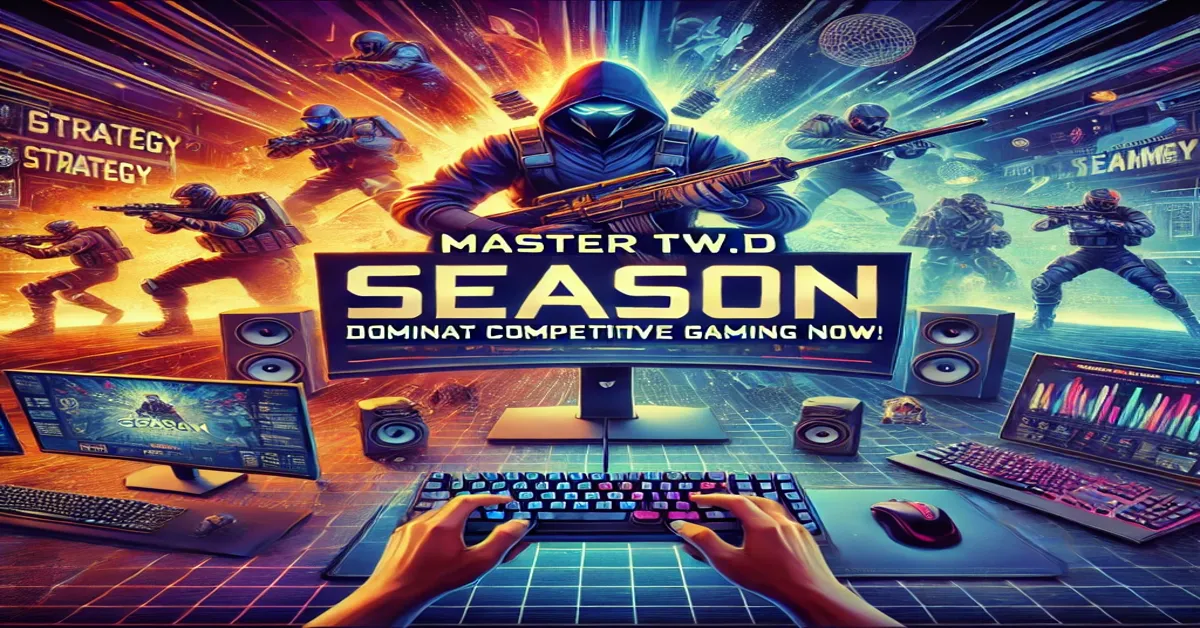The gaming (www. thinkofgamescom) industry has rapidly evolved from a niche hobby to a global entertainment powerhouse, generating billions of dollars in revenue and engaging millions of players worldwide. Events like Gamescom, E3, and Tokyo Game Show have become crucial platforms where developers showcase upcoming titles, gaming hardware, and innovations that continue to push the boundaries of what is possible in interactive entertainment.
The Historical Growth of Gaming
Gaming (www. thinkofgamescom) humble beginnings can be traced back to the 1970s, with the introduction of arcade machines and early consoles like the Atari 2600. What started as simple pixelated graphics and basic gameplay has transformed into a multi-billion dollar industry, with hyper-realistic graphics, expansive open-world environments, and immersive storytelling.
By the 1990s and early 2000s, gaming (www. thinkofgamescom) technology saw significant advancements. The rise of the internet brought online multiplayer gaming to the forefront, connecting players across the world. Titles like World of Warcraft, Counter-Strike, and Call of Duty defined the online multiplayer era, fostering competitive gaming and the birth of eSports.
Key Technological Innovations in Gaming
Several technological breakthroughs have been pivotal to the industry’s growth:
- Virtual Reality (VR) and Augmented Reality (AR): Virtual Reality has brought gamers into entirely new dimensions, providing immersive environments where players can interact physically with the virtual world. Meanwhile, Augmented Reality games, like Pokémon GO, have blended the real and digital worlds, offering new ways for people to play and explore.
- Cloud Gaming: Platforms like Google Stadia, Xbox Cloud Gaming, and Nvidia’s GeForce Now have revolutionized how games are consumed. Cloud gaming allows users to stream games directly without needing expensive hardware. This technology is set to democratize access to high-end gaming experiences across the globe.
- Cross-Platform Play: Gone are the days when gamers were restricted to playing with others on the same console. Cross-platform functionality allows players on PlayStation, Xbox, PC, and even mobile devices to interact and compete in the same game, fostering a more inclusive and connected gaming environment.
- Artificial Intelligence (AI): AI has revolutionized non-playable characters (NPCs) in games, making them smarter, more responsive, and capable of providing a more dynamic gaming experience. Moreover, AI is being used to generate game content, optimize game development processes, and even create entirely new gameplay experiences.
The Role of Gamescom and Similar Events
Gamescom, held annually in Cologne, Germany, is one of the largest gaming conventions in the world. It serves as a hub for the latest announcements from game developers and hardware manufacturers. Companies like Microsoft, Sony, Ubisoft, and Blizzard often use Gamescom to debut trailers, gameplay footage, and updates on anticipated games.
In the 2024 Gamescom edition, for instance, several major titles were announced, including Monster Hunter Wilds and Little Nightmares 3. Gamescom not only gives players a sneak peek into the future of gaming but also allows them to interact with developers, try out demos, and engage with the gaming community
Aside from Gamescom, other events like the Electronic Entertainment Expo (E3) and Tokyo Game Show play pivotal roles in showcasing global trends and innovations in gaming. However, Gamescom stands out due to its unique focus on both the European and international markets, offering insights into a diverse array of gaming preferences.
The Rise of eSports and Competitive Gaming
eSports, or competitive video gaming (www. thinkofgamescom), has exploded in popularity over the past decade. Titles like League of Legends, Dota 2, and Counter-Strike: Global Offensive have become household names, with millions of dollars in prize money up for grabs at international tournaments. The rise of streaming platforms like Twitch and YouTube Gaming has also played a crucial role in bringing eSports to mainstream audiences.
Not only has eSports created a new avenue for players to showcase their skills, but it has also fostered a thriving community of fans, analysts, and content creators. Major tournaments, such as The International for Dota 2 or the League of Legends World Championship, are now viewed by millions globally, with some tournaments even rivaling traditional sports events in terms of viewership.
The Social Impact of Gaming
Beyond the entertainment factor, gaming has had a profound social impact. During the COVID-19 pandemic, gaming became a crucial outlet for social interaction. Platforms like Animal Crossing: New Horizons and Fortnite provided virtual spaces where people could hang out and connect with friends, even in lockdown situations.
Moreover, gaming has been increasingly used as a tool for education and therapy. Educational games have made learning interactive and fun, while therapeutic games are being employed to treat conditions like anxiety, depression, and PTSD.
Challenges Facing the Industry
Despite its success, the gaming industry faces several challenges:
Addiction and Mental Health Concerns: The immersive nature of gaming can sometimes lead to unhealthy behaviors, with excessive gaming potentially resulting in addiction. Governments and organizations worldwide have started addressing these issues through research and regulation.
Monetization Models: The rise of microtransactions, loot boxes, and pay-to-win mechanics has sparked controversy within the gaming community. While these models can generate revenue for developers, they have also led to concerns about fairness, especially in competitive games.
Inclusion and Diversity: The gaming(www. thinkofgamescom) industry has faced criticism for its lack of diversity in both game content and the industry workforce. However, efforts are being made to address these issues, with more games featuring diverse characters, stories, and perspectives.
Conclusion:
In conclusion, the gaming (www. thinkofgamescom) industry has evolved dramatically, transforming from a niche hobby into a global cultural and economic force. Technological advancements like virtual reality, cloud gaming, and AI have reshaped the way we experience games, offering more immersive and inclusive environments. Major gaming events, such as Gamescom, continue to play a pivotal role in showcasing these innovations, connecting developers with players, and highlighting trends that shape the future of gaming.
As eSports and competitive gaming rise, they offer new avenues for social interaction, while the increasing accessibility of games broadens the player base worldwide. However, the industry still faces challenges like addressing addiction, monetization controversies, and diversity concerns. As gaming continues to innovate and adapt, its impact on entertainment, education, and socialization will likely grow, further solidifying its place as a key part of modern digital culture. The future of gaming promises exciting new frontiers for both developers and players alike.
FAQs
1. What is Gamescom? Gamescom is one of the largest gaming conventions in the world, held annually in Cologne, Germany. It serves as a platform for game developers to showcase upcoming games and technology.
2. How has cloud gaming changed the industry? Cloud gaming allows players to stream games directly over the internet without needing expensive hardware, making high-end gaming more accessible.
3. What is eSports? eSports is a form of competitive gaming where professional players and teams compete in tournaments for various video games, often with significant prize pools.
4. What role does AI play in modern gaming? AI enhances gaming by improving NPC behavior, generating content, and optimizing development processes, resulting in smarter gameplay experiences.
5. How has gaming impacted social interaction during the pandemic? Gaming provided a virtual space for socialization during the COVID-19 pandemic, offering players a way to connect and interact while in lockdown.
6. What are the major challenges in the gaming industry? The industry faces challenges like addiction concerns, controversial monetization practices, and the need for greater inclusion and diversity.
This article provides a broad overview of gaming’s evolution and its current trends, offering insights into technological innovations, industry events like Gamescom, and the social impact of gaming.











